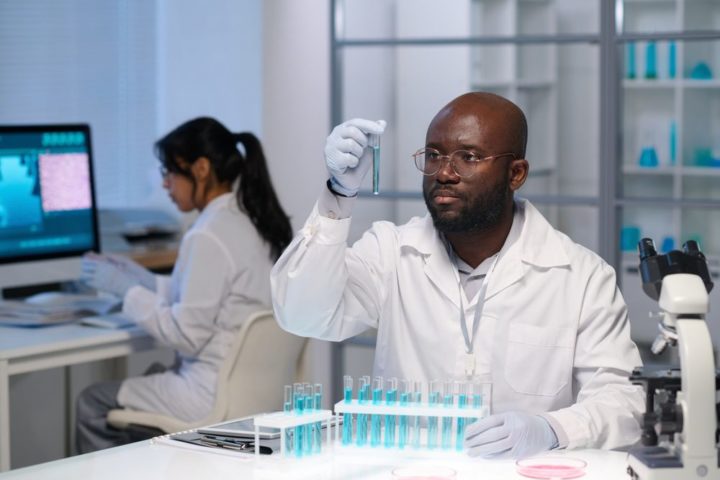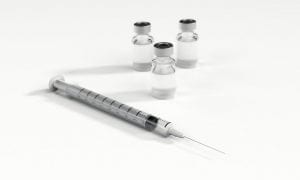According to a story from BioPharma Dive, KalVista Pharmaceuticals has halted its clinical trial evaluating an investigational therapy in development for hereditary angioedema. The trial had included a total of 33 patients but seven of them that had received the treatment displayed elevated liver enzymes. While these patients did not experience side effects from this, the numbers were deemed serious enough to halt testing of the drug.
About Hereditary Angioedema (HAE)
Hereditary angioedema is a genetic disorder which is characterized by chronic episodes of swelling that can affect multiple areas of the body. The condition is caused by mutations affecting the SERPING1 gene. Swelling attacks generally occur every two weeks or so; they can usually last for several days. Swelling may affect the limbs, digestive tract, face, and airway, with blockage of the airway being the most dangerous complication. Vomiting and abdominal pain may accompany attacks as well if the digestive tract is involved. Treatment involves reducing the likelihood for attacks to appear and preventing them from worsening when they do. Hereditary angioedema is typically only life-threatening if left untreated. Prevalence of the condition is estimated to be around one in 10,000 to one in 50,000, at least in the US and Canada. To learn more about hereditary angioedema, click here.
“We made the difficult decision to terminate [the trial] because we concluded that the emerging safety profile of the current formulation will not meet our requirements for a best-in-class oral prophylactic therapy,” – Andrew Crockett, CEO
While there are a number of therapies available for the treatment of hereditary angioedema, they all have their limitations, and a number of companies are still working on new, more effective treatments. When there are other options available and multiple companies at work, the tolerance for safety risks is much lower than for a rare disease that doesn’t have any options.
Another company, Pharvaris, recently had an FDA hold placed on its own HAE trial following safety concerns. While the development of new drugs is good news for the patient community, the competitive space means there is little room for error on the part of drug companies.








